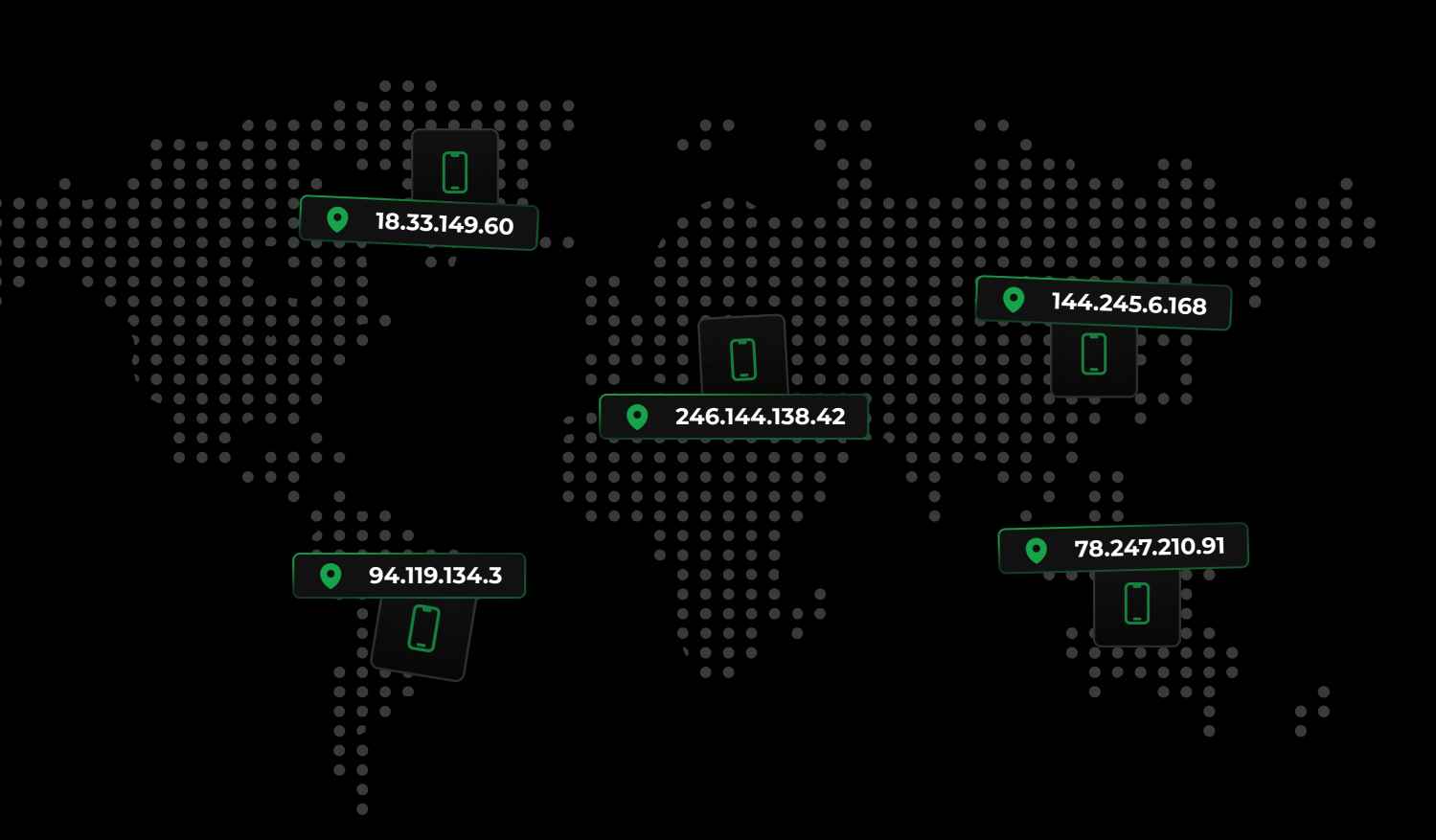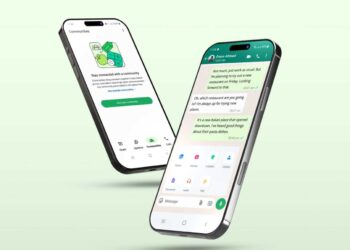In the fast-paced world of mobile app development, ensuring that applications function seamlessly across various devices, networks, and geographic locations is paramount. Testing is a critical phase in the development process, and proxies can significantly enhance this process by providing developers with the ability to simulate different conditions and environments. This article explores how proxies, particularly mobile proxies like those offered at https://proxy-ipv4.com/en/mobile/, can improve mobile app testing, ensuring that apps perform optimally under all conditions.
Understanding Mobile Proxies and Their Functionality
A mobile proxy routes internet traffic through mobile IP addresses provided by cellular carriers. This makes it appear as if the user is accessing the internet from a mobile device, allowing for more accurate testing of mobile applications. Unlike traditional proxies, mobile proxies use IP addresses from real mobile devices, which helps in bypassing detection mechanisms that may flag traditional proxies as suspicious.
Key Benefits of Using Proxies for Mobile App Testing
1. Simulating Real-World Usage
Mobile proxies enable developers to test apps under real-world conditions by simulating different mobile networks and geographic locations. This is crucial for identifying performance issues, connectivity problems, and other potential bugs that may only appear under specific conditions. By using mobile proxies, developers can ensure that their apps function correctly for all users, regardless of their location or network provider.
2. Bypassing Geo-Restrictions
Many mobile applications and services are subject to geo-restrictions, which can limit access based on the user’s geographic location. Mobile proxies allow developers to bypass these restrictions, enabling them to test apps as if they were in different regions. This is particularly useful for testing location-based features, ensuring compliance with regional regulations, and optimizing the user experience for a global audience.
3. Enhancing Security Testing
Security is a critical aspect of mobile app development. Mobile proxies provide an additional layer of anonymity and security during testing by masking the tester’s real IP address. This helps in identifying vulnerabilities and potential security threats, such as man-in-the-middle attacks and data leaks, under realistic conditions. By using mobile proxies, developers can conduct thorough security testing to protect user data and maintain app integrity.
4. Improving Performance Testing
Performance testing involves evaluating how an app performs under various conditions, such as different network speeds and levels of congestion. Mobile proxies allow developers to simulate these conditions, helping them identify and address performance bottlenecks. This ensures that the app delivers a smooth and responsive experience to users, even under less-than-ideal network conditions.
5. Conducting Comprehensive Usability Testing
Usability testing is essential for understanding how users interact with an app. Mobile proxies enable developers to test apps across a range of devices and operating systems, ensuring that the user interface is intuitive and functional. This comprehensive testing helps identify usability issues that could affect the user experience and hinder app adoption.
Types of Mobile Proxies for App Testing
1. Residential Mobile Proxies
- Description: Use IP addresses assigned by ISPs to mobile devices, making them appear as regular mobile connections.
- Use Case: Ideal for testing apps that rely on geolocation services and need to bypass geo-restrictions.
2. Datacenter Mobile Proxies
- Description: Provided by data centers but simulate mobile traffic through mobile IP addresses.
- Use Case: Suitable for large-scale testing requiring high-speed connections and extensive data throughput.
Implementing Proxies in Mobile App Testing Strategies
A. Selecting the Right Proxy Type
The choice of proxy type depends on the specific requirements of the app testing project. Residential mobile proxies are often preferred for tasks requiring high anonymity and accurate simulation of mobile networks, while datacenter mobile proxies are ideal for performance-intensive tasks.
B. Rotating IP Addresses Regularly
To mimic natural user behavior and avoid detection, it is important to rotate IP addresses regularly. This practice distributes the testing activities across multiple IP addresses, reducing the likelihood of triggering security measures and ensuring comprehensive testing.
C. Using Secure Connections
Ensuring that data traffic is encrypted by using secure connections (such as HTTPS) is crucial for protecting the integrity and confidentiality of the testing process. A reliable proxy provider like https://proxy-ipv4.com/en/mobile/ ensures that all connections are secure and that data remains protected.
D. Integrating Proxies with Testing Tools
Many mobile app testing tools support proxy integration, enabling developers to leverage the benefits of proxies directly within these platforms. This integration enhances the efficiency and effectiveness of the testing process, allowing for seamless simulation of different conditions and environments.
Best Practices for Using Proxies in Mobile App Testing
1. Adhering to App Store Guidelines
While proxies provide the technical capability to test apps under various conditions, it is important to ensure that the testing process adheres to the guidelines and policies of app stores. Unauthorized use of proxies can lead to issues with app approval and distribution.
2. Monitoring and Managing Proxy Usage
Regular monitoring and management of proxy usage help ensure optimal performance and security. This includes checking for any unusual activity, managing IP address rotations, and ensuring compliance with data privacy regulations.
3. Combining Proxies with Other Testing Measures
Proxies should be part of a comprehensive testing strategy that includes manual testing, automated testing, and user feedback. This multi-layered approach ensures that all potential issues are identified and addressed.
Choosing a Reliable Proxy Provider
The effectiveness of proxies in mobile app testing largely depends on the quality of the proxy provider. Key factors to consider include:
- Reliability and Uptime: A reliable provider ensures high uptime, preventing interruptions in the testing process.
- Speed and Performance: High-speed proxies are essential for efficient testing and accurate simulation of real-world conditions.
- Security Features: Look for providers that offer robust security measures, such as data encryption and secure protocols.
- Customer Support: Good customer support is crucial for resolving technical issues and ensuring optimal proxy performance.
Provider Recommendation: https://proxy-ipv4.com/en/mobile/ offers a comprehensive range of mobile proxy services, known for their reliability, speed, and strong security features. They provide tailored solutions for developers looking to enhance their mobile app testing strategies.











